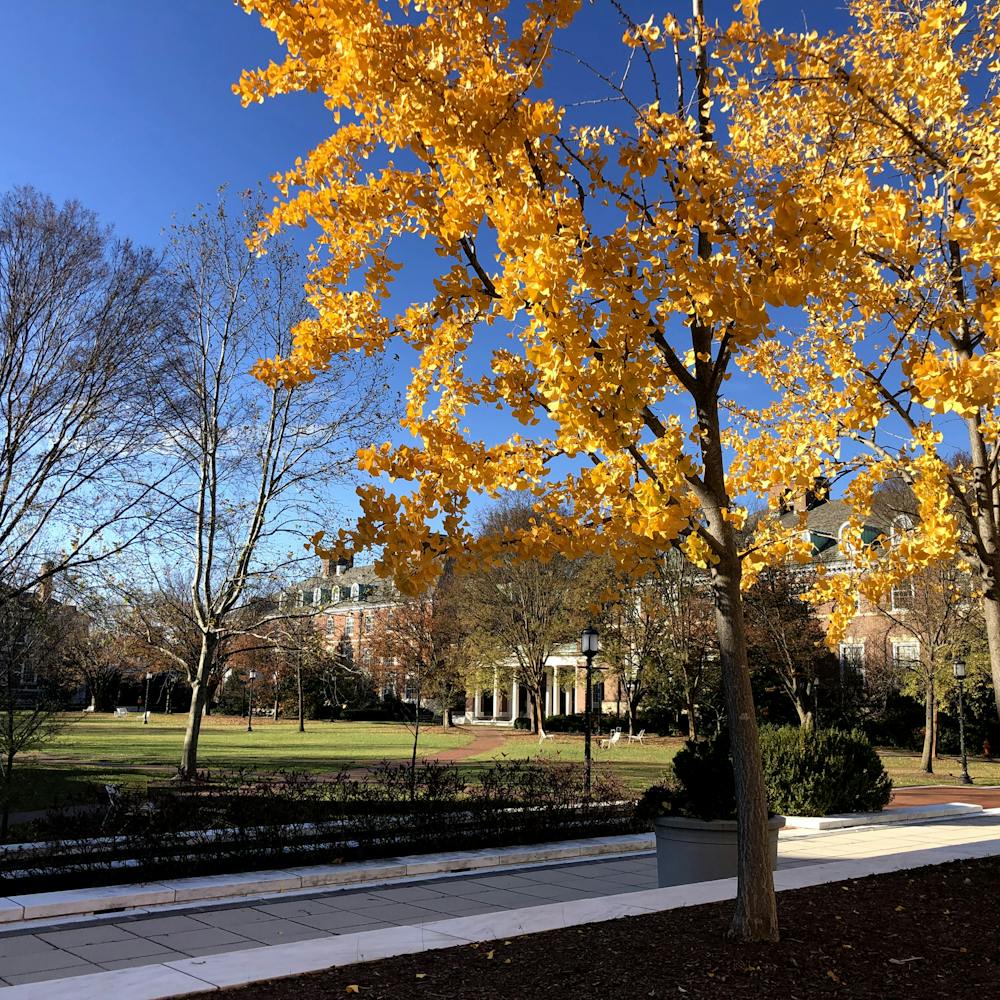The Advocates for Reproductive and Sexual Health (ARSH) hosted an event titled “What’s Next? Reproductive and Sexual Justice After the U.S. 2020 Presidential Election” on Saturday, Nov. 21 in partnership with Planned Parenthood’s Peer Education Program.
ARSH is a newly founded student group championing reproductive freedom and access to comprehensive healthcare. The organization is affiliated with Planned Parenthood and holds discussions on sexual health education, politics and bodily autonomy.
The event featured two keynote speakers: Kimberly Haven, policy and coalition director for Reproductive Justice Inside (RJI), and Brittany Mostiller, leadership development coordinator at the National Network of Abortion Funds.
RJI is a coalition that shares stories of previously incarcerated individuals who received poor sexual or reproductive healthcare while in custody. The National Network of Abortion Funds aims to make abortion procedures more accessible by removing financial and logistical obstacles and supporting individuals facing racial, economic and reproductive discrimination.
Haven recounted dealing with health issues while she was incarcerated. Her experiences inspired her to lobby for a bill in the Maryland General Assembly that mandated menstrual hygiene products to be completely free and accessible for incarcerated women and girls. Senate Bill 598 was signed into law in October of 2018.
“You are at somebody else’s mercy to try to take care of the most basic monthly needs that people have — or in my case, an emergency need,” she said. “For me, the motivation to write these policies comes from what I went through, what I saw and what I knew was still going on.”
She also highlighted the negative effects on mental health and physical well-being of placing pregnant and post-pregnant women in solitary confinement. RJI also lobbied for a bill that would end this practice, and Senate Bill 629 was signed into law in 2018.
“The way our state and local institutions are set up, at 2 o’clock in the morning, if you screamed, no one would hear you,” she said. “We were the first state in the country to pass that legislation, and it is now being replicated across the country.”
COVID-19 has not slowed the work of Haven and Mostiller.
Haven stated that RJI is currently planning a multi-state litigation strategy around reproductive issues for incarcerated women. The strategy aims to safeguard the rights of individuals whose futures are ever more uncertain in this time of change.
Mostiller noted that the pandemic has increased the amount of barriers for women seeking abortions. Certain states have enacted anti-abortion bans or deemed the procedure nonessential.
“Reproductive justice is our North Star,” she said. “It’s so important right now to keep in mind that this isn’t anything new; there are [just] different phases and people in positions of power. This is the time to double down on our tactics.”
Freshman Juliana Marquez, who helped organize the event, voiced her appreciation for Haven and Mostiller in an email to The News-Letter. She noted that the discussion inspired her to get more involved in generating meaningful change within her community.
“As students, there are a lot of things we can do to advocate for reproductive and sexual health, and we must take advantage of every opportunity to help build an environment of justice, equity and empathy,“ she wrote. “It was nice to see that our event can inspire students from JHU and high schools in Baltimore to advocate for reproductive justice and health.”
Mostiller argued that the reproductive justice movement is not limited to the singular issue of abortion access. Instead, she believes it also encompasses obstacles faced by individuals in terms of housing, employment and education.
Haven echoed Mostiller and emphasized the importance of supporting the leadership of young people, as well as the introduction of fresh perspectives and new voices.
“If something’s important to you, if something is wrong, if something shocks the conscience — get involved,” Haven said. “Don’t be a silent bystander. Because when you’re a silent bystander, then you’re giving permission for all the things that you see are wrong to continue.”





